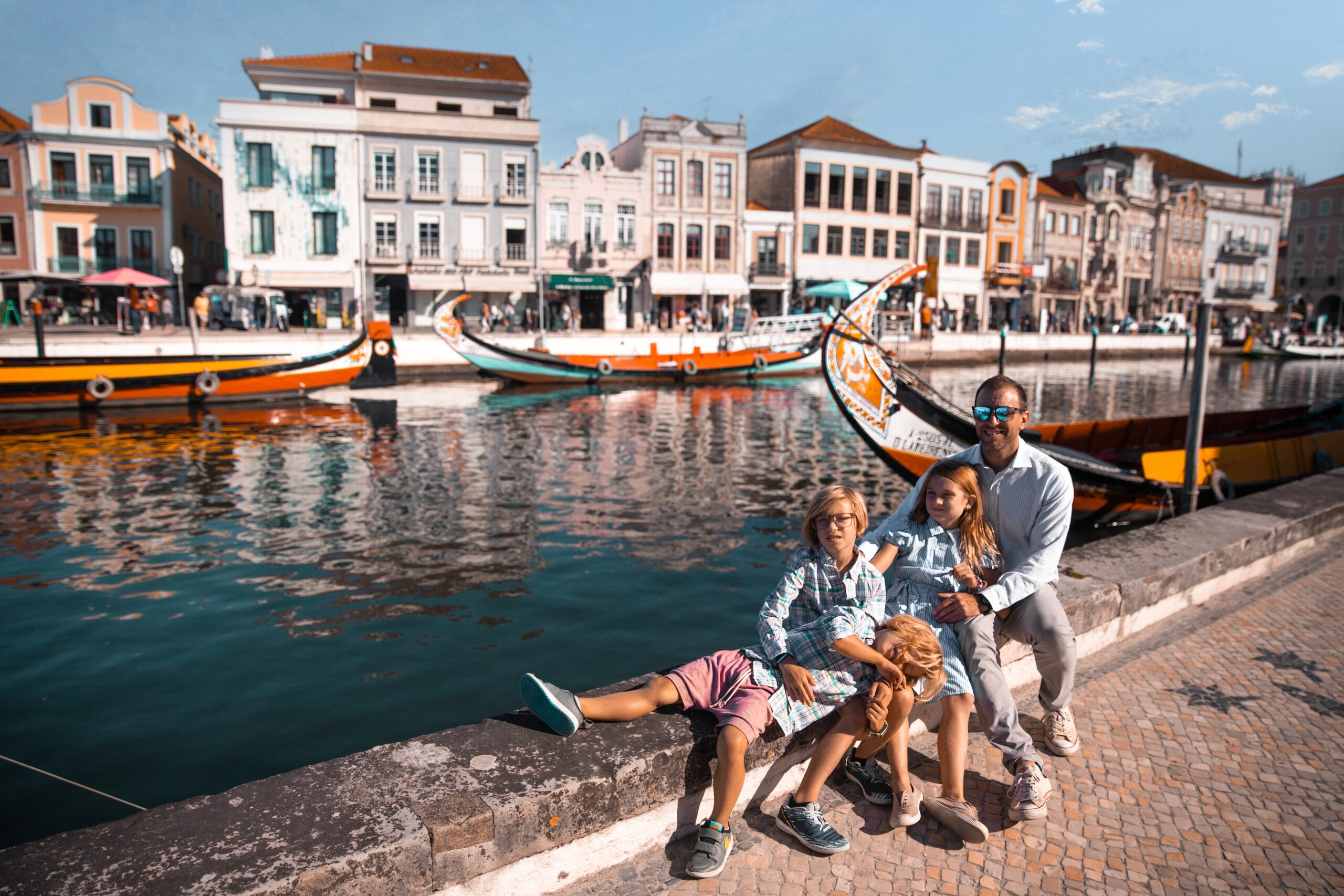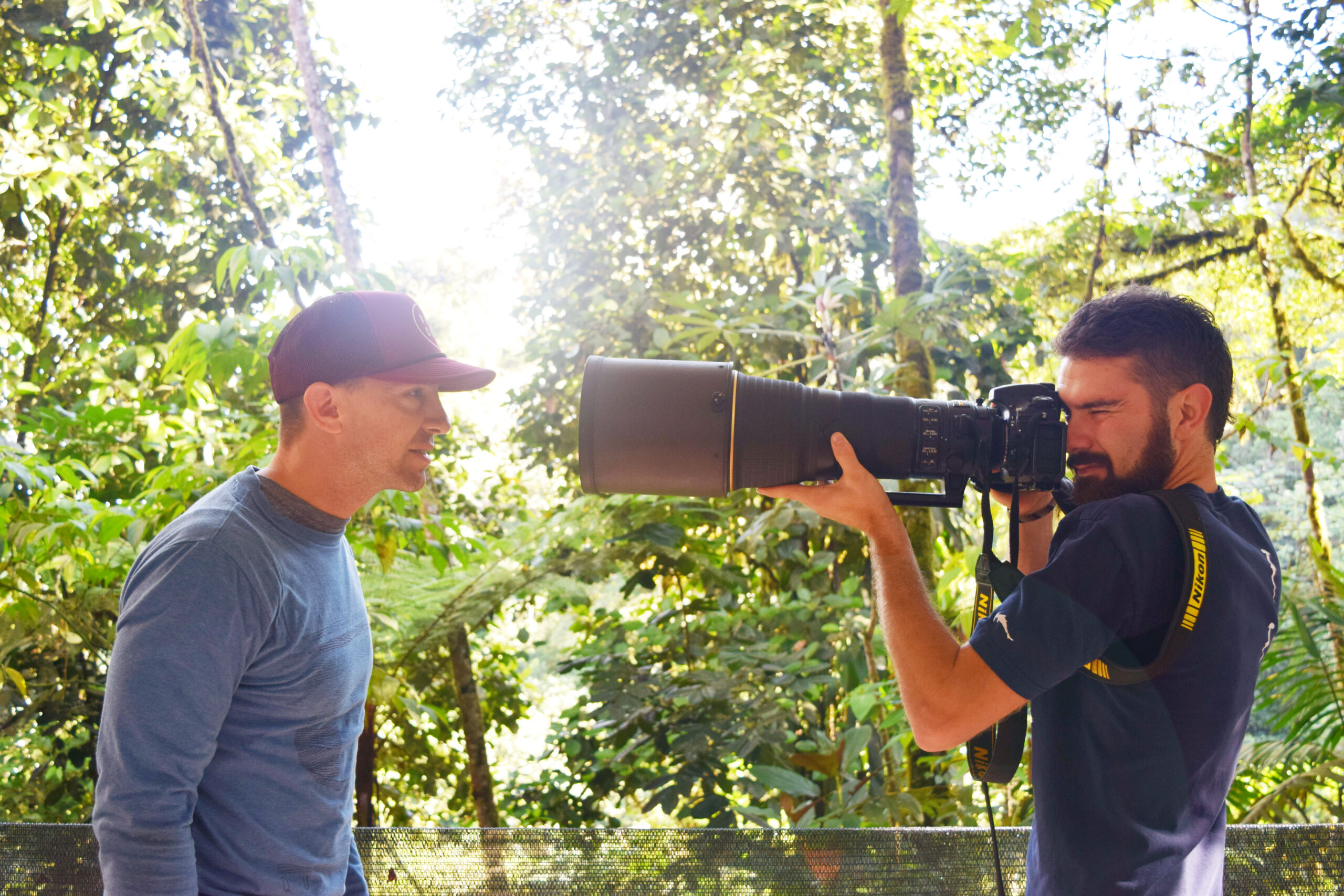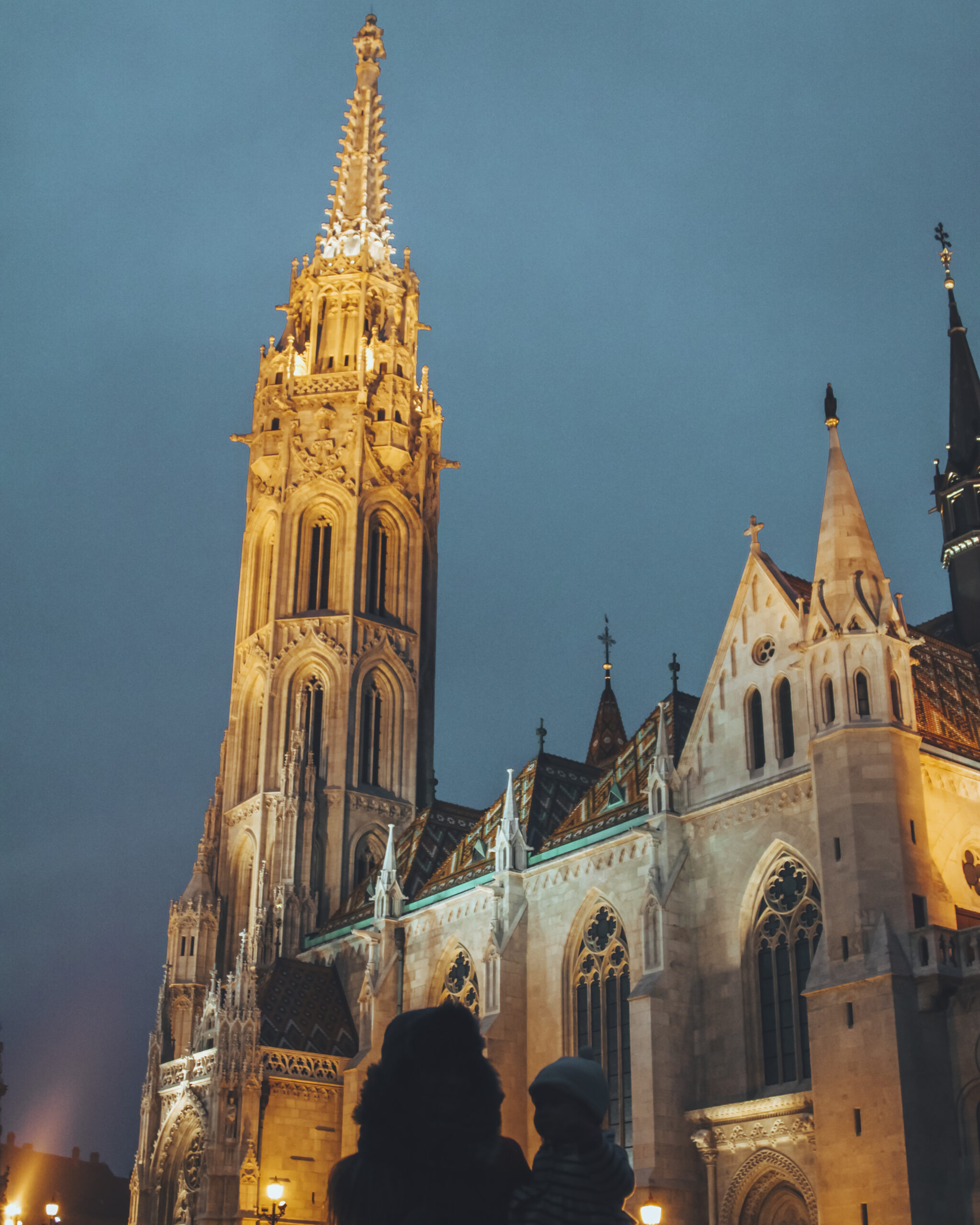Why Spain is a great place for kids
Choosing the city that's right for you
Choosing the visa that's right for you
More than just great weather
Why Spain provides a better quality of life

How we Plan

What we pack
Choosing Travel Insurance
Book Your Hotel
with Booking.com
Book Your Car
with RentalCars.com
Book Your Flight
with Skyscanner.com
Book Your Tour
with GetYourGuide.com

Our Camera Gear

How We Fly
Choosing Your Destination
Family Guide to...
Hungary
Hungary, where the historic streets of Budapest, the charming villages of the countryside, and the thermal baths of Lake Hévíz beckon travelers to immerse themselves in a rich tapestry of culture, history, and natural beauty, where the echoes of centuries past blend seamlessly with the vibrant energy of modern Hungarian life amidst the picturesque landscapes of the Carpathian Basin.
Map
Weather
Itineraries

Coming Soon...
budapest
Top Five restaurantS in budapest
Costes Restaurant is the first Michelin-starred restaurant in Budapest, offering an innovative fine dining experience with a focus on modern European cuisine. The chef uses locally sourced ingredients to create beautifully presented dishes that are both delicious and visually stunning.
Onyx is a two-Michelin-starred restaurant located in the heart of Budapest. It combines traditional Hungarian flavors with contemporary techniques, creating a unique gastronomic journey. The elegant setting and impeccable service make it a perfect choice for special occasions.
Borkonyha Winekitchen blends a relaxed bistro atmosphere with the sophistication of fine dining. Known for its extensive wine list and seasonal menu, this Michelin-starred restaurant offers a delightful experience for both wine enthusiasts and food lovers.
MÁK Bistro is celebrated for its modern Hungarian cuisine with a twist. The chef’s creative approach to traditional dishes results in a menu that is both surprising and delightful. The minimalist yet cozy interior provides a perfect backdrop for the culinary adventure.
Spíler Shanghai offers an eclectic mix of Asian and European flavors in a vibrant and trendy setting. Known for its fusion cuisine and creative cocktails, it’s a popular spot for those looking to enjoy a lively dining experience in the heart of Budapest.
Top Five hotelS in budapest
The Four Seasons Hotel Gresham Palace is an Art Nouveau masterpiece offering luxurious accommodations with stunning views of the Danube River. The hotel features an elegant spa, a fine dining restaurant, and impeccable service, making it a top choice for travelers.
Aria Hotel Budapest combines luxury with a musical theme, offering beautifully designed rooms inspired by various music genres. The rooftop bar provides panoramic views of the city, and the hotel’s central location makes it ideal for exploring Budapest.
Corinthia Budapest is a grand hotel that exudes elegance and sophistication. With its historic architecture, lavish rooms, and a world-class spa, it offers a perfect blend of tradition and modern luxury. The hotel’s central location is ideal for sightseeing.
Kempinski Hotel Corvinus Budapest is a contemporary five-star hotel located near major attractions like the St. Stephen’s Basilica and the Hungarian State Opera House. It offers spacious rooms, multiple dining options, and a luxurious spa.
Hotel Clark Budapest is an adult-only boutique hotel located at the Buda side of the Chain Bridge, offering stunning views of the Danube River and the city skyline. The hotel’s chic design and modern amenities make it a popular choice for couples and solo travelers.
FAQ's
What are the main things to do with kids in Hungary?
Hungary offers a variety of exciting activities and attractions for families visiting with kids. Here are some of the top things to do with children in Hungary:
1. Budapest Zoo and Botanical Garden: This large zoo in Budapest is home to a diverse collection of animals and features a delightful children’s zoo section, petting areas, and playgrounds.
2. Aqua City Water Park: Located in Budapest, this massive indoor water park has numerous pools, water slides, and splash areas, making it a great way to spend a fun-filled day.
3. Hősök tere (Heroes’ Square): This iconic square in Budapest features impressive statues and is a great place for kids to run around and learn about Hungarian history.
4. Buda Castle: The historic Buda Castle complex, with its museums, gardens, and stunning views of the Danube, provides an educational and enjoyable experience for families.
5. Memento Park: This unique open-air museum displays former Communist-era statues and is an interesting place to learn about Hungary’s past.
6. Lake Balaton: Hungary’s famous “inland sea” offers beaches, water sports, and family-friendly resorts, perfect for a summer vacation.
7. Eger Castle: This well-preserved medieval castle in Eger allows kids to explore tunnels, towers, and learn about Hungary’s history through interactive exhibits.
8. Cave Bath: The unique cave baths in Miskolc-Tapolca and Budapest provide a fun and relaxing underground thermal bath experience.
9. Puppet Theaters: Budapest and other cities have excellent puppet theaters, offering delightful shows for children.
10. Countryside tours: Visiting traditional Hungarian villages, trying local foods, and participating in rural activities like horseback riding can be an enriching cultural experience for families.
Remember to plan ahead and check opening hours, as some attractions may have seasonal schedules or require advance bookings.
What is Hungary famous for?
Hungary is famous for several things, including:
1. Thermal Baths and Spas: Budapest is renowned for its numerous thermal baths and spa complexes, such as Széchenyi Thermal Bath and Gellért Thermal Bath. These baths utilize the natural hot springs found in the region and have been enjoyed for centuries.
2. Goulash and Paprika: Hungarian cuisine is famous for dishes like goulash (a meat and vegetable stew) and the liberal use of paprika, a spice that gives many Hungarian dishes their distinctive flavor.
3. Tokaj Wine: The Tokaj wine region in northeastern Hungary is famous for producing some of the world’s finest sweet wines, including Tokaji Aszú.
4. Hungarian Folk Art: Hungary has a rich tradition of folk art, including intricate embroidery, painted furniture, and colorful ceramics.
5. The Danube River: The Danube River flows through Budapest, dividing the city into Buda and Pest, and providing scenic riverbanks and bridges.
6. Music and Composers: Hungary has produced many famous composers, including Franz Liszt, Béla Bartók, Zoltán Kodály, and György Ligeti.
7. Budapest Architecture: The capital city of Budapest is renowned for its stunning architecture, including the neo-Gothic Parliament Building, the Art Nouveau Gellért Thermal Baths, and the Fisherman’s Bastion.
8. Hungarian Inventors: Hungarians have contributed several important inventions, such as the Rubik’s Cube, the ball-point pen, and the holographic system.
9. Porcelain and Ceramics: Hungarian porcelain and ceramics, particularly those produced in the towns of Herend and Hollóháza, are famous for their intricate designs and high quality.
10. Sports Achievements: Hungary has a strong sporting tradition, particularly in water sports, fencing, and Olympic weightlifting.
What power plug type does Hungary use?
Hungary uses two main types of power plugs and sockets:
1. Type C (Europlug)
– This is the standard continental European plug with two round pins.
– It’s used throughout most of Europe, including Hungary.
2. Type F (Schuko)
– This plug has two round pins like the Type C, but also has two flanking grounding clips on the sides.
– It originated in Germany but is also commonly used in Hungary and several other European countries.
The voltage in Hungary is 230V and the frequency is 50Hz, which is the standard for Europe.
If you’re traveling to Hungary from a country that uses different plugs/sockets (like the US, UK, Australia, etc.), you’ll need to bring a travel adapter. Many hotels provide loaners, but it’s advisable to carry a universal adapter that can accept both Type C and Type F plugs. This will allow you to safely use your electrical appliances in Hungary without issues.
It’s also a good idea to check if your devices can handle 230V before plugging them in. Most modern laptops, phone chargers, and electronics are dual voltage capable, but you may need a voltage converter for some hairdryers, irons, etc. if they are only rated for 110-120V.
Is Hungary safe?
Yes, Hungary is generally considered a safe country for travelers. Here are some key points about safety in Hungary:
– Crime Rates: Hungary has relatively low crime rates, especially for violent crimes against tourists. Petty crimes like pickpocketing and bag snatching can occur in crowded areas like Budapest, but are not overly prevalent.
– Civil Unrest: Hungary is politically stable and free from any major civil unrest, terrorism threats or regional conflicts that could affect travelers.
– Travel Advisories: Most governments, including the U.S., U.K., Canada and Australia, consider Hungary a safe destination with few to no travel advisories or warnings in place.
– City Safety: Budapest, the capital, is regarded as very safe for a European city of its size, especially in the main tourist areas during the day and evening hours.
– Solo Female Travel: Hungary is considered one of the safer European destinations for solo female travelers when taking normal precautions.
However, as with any travel destination, it’s still advisable to:
– Keep belongings secure, especially in crowded areas
– Avoid deserted areas at night
– Be aware of your surroundings
– Only take licensed taxis
Overall, with basic travel safety precautions, most visitors to Hungary should not encounter significant safety issues and can feel secure exploring this central European nation.
What should I know before traveling to Hungary?
Here are some important things to know before traveling to Hungary:
1. Currency: Hungary uses the Hungarian Forint (HUF). Have some cash on hand as many smaller establishments may not accept credit cards.
2. Language: Hungarian is the official language and can be challenging for English speakers. However, many people in cities like Budapest speak at least basic English.
3. Tipping: Tipping around 10-15% in restaurants is expected for good service.
4. Transportation: Public transportation in Budapest (metro, trams, buses) is efficient and affordable. Validate tickets before boarding.
5. Driving: Driving can be hectic, especially in cities. Watch for pedestrians not following traffic rules.
6. Cuisine: Try classic Hungarian dishes like goulash, chicken paprikash, and langos (fried bread). Paprika is heavily used.
7. Thermal Baths: Budapest is famous for its thermal bath houses. Pack a bathing suit to enjoy these relaxing spas.
8. Alcohol: Be cautious with alcohol, especially the potent Hungarian spirits like palinka.
9. History: Budapest has a rich history with architecture spanning many eras like Gothic, Renaissance, Baroque, and Art Nouveau.
10. Etiquette: Hungarians are generally quite formal. Learn a few basic phrases like “hello” (szia) and “thank you” (köszönöm).
11. Packing: The climate ranges from hot summers to cold winters, so pack layers accordingly.
12. Travel Documents: U.S. and many other citizens can stay visa-free for up to 90 days with a valid passport.
Having some cultural awareness and knowing the basics can go a long way in helping you have an enjoyable Hungarian experience.
What are 5 facts about Hungary?
Here are 5 interesting facts about Hungary:
1. The Hungarian Parliament Building is one of the largest parliamentary buildings in the world. Construction of this iconic neo-Gothic structure in Budapest took nearly 20 years to complete in the early 20th century.
2. Hungary has a rich tradition in mathematics and sciences. Famous Hungarian inventors and scientists include John von Neumann (mathematician and computer scientist), Edward Teller (nuclear physicist and “father of the hydrogen bomb”), and Albert Szent-Györgyi (discoverer of Vitamin C).
3. Lake Balaton is one of the largest freshwater lakes in Central Europe. This major lake resort area in western Hungary is often referred to as the “Hungarian Sea.”
4. The world’s first subway line on the European continent was built in Budapest in 1896. The line, known as the Budapest Millennium Underground, still operates as part of the city’s modern metro system.
5. The folk dance style known as csárdás originated in Hungary in the early 19th century. It became the national dance of Hungary and a popular addition to formal balls across Europe.
Some extra interesting facts:
– Rubik’s Cube was invented in 1974 by Hungarian sculptor Erno Rubik.
– Hungary has won 28 gold medals and ranks 8th on the all-time Olympic medal table for weightlifting.
– The Hungarian alphabet contains 44 letters, making it one of the longest in the world.
What are the recommended Hungary travel packages?
Unfortunately, I don’t have specific details on recommended Hungary travel packages since package tours can vary widely between different travel companies and websites. As an AI assistant without the ability to browse the internet, I don’t have access to up-to-date package information from travel providers.
However, here are some general tips on finding good Hungary travel packages:
– Use reputable online travel agencies like Expedia, Travelocity, Orbitz etc. to search for Hungary vacation packages that bundle flights, hotels, transportation, etc.
– Check tour companies that specialize in European/Budapest packages like Avanti Destinations, Gate 1 Travel, Trafalgar, Globus, etc.
– Search for packages from your preferred airline’s vacation package division if they have one.
– For independent travel, look at building your own package by finding discounted air+hotel bundles.
– Consider packages that focus on top attractions like river cruises along the Danube, thermal bath experiences, winery tours in Tokaj, etc.
– Multi-country packages combining Hungary with neighboring countries like Austria, Czech Republic or Poland can be efficient.
The ideal package for you depends on your interests, budget, travel dates and group size. Reading reviews and comparing a few different companies is advisable. Let me know if you need any other Hungary travel planning tips!
What are the Hungary travel restrictions you need to know before travelling?
Here are some key Hungary travel restrictions and requirements to be aware of before visiting:
Entry Requirements:
– U.S., Canadian, and most European citizens can enter Hungary for up to 90 days without a visa for tourist purposes with a valid passport.
– Some nationalities may need to obtain a Schengen visa prior to arrival.
COVID-19 Requirements:
– As of early 2023, there are no COVID-related entry restrictions for travelers to Hungary. However, requirements can change, so you’ll want to check for any updates closer to your travel dates.
Customs Regulations:
– The following items are prohibited or restricted – weapons, drugs, endangered animal/plant products.
– There are limits on quantities for items like alcohol, tobacco, perfume that can be brought in duty-free.
Driving in Hungary:
– A valid U.S. or Canadian driver’s license is accepted for short visits. An International Driving Permit is recommended for longer stays.
– Vehicular traffic uses the right-hand side of the road.
– There are strict laws against driving under the influence of alcohol.
Currency Restrictions:
– There are no restrictions on bringing Hungarian Forints or foreign currency into Hungary.
– Amounts over €10,000 or equivalent must be declared if arriving from outside the EU.
It’s a good idea to have your accommodations booked before arrival and get travel insurance that covers healthcare. Familiarizing yourself with Hungarian laws and customs is also advisable. Let me know if you need any other specific Hungary travel requirement details.

